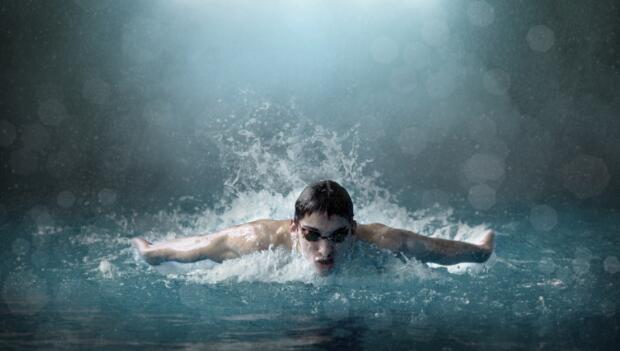
There are many reasons for learning and developing your ability to swim the three other competitive strokes in swimming. If you are well-versed in freestyle technique and looking for new ways to spice up your training, improving your breaststroke, butterfly and backstroke is a good place to start. Just like I mention in my how-to article on flip turns, focusing on other-than-freestyle strokes won't suit every swimmer, and in fact it should not be a focus of a swimmer who is still developing freestyle technique.
A little time spent working on the other strokes (backstroke, breaststroke and butterfly) will help your training, your enjoyment of training and its usefulness immensely. With the other strokes at your disposal, training sets will become infinitely more variable and interesting. These other strokes are especially of use during a post-main set swim down to help relax the shoulders through a different range of motion after a big freestyle block.
Adding in other strokes can also be helpful during long swims sets, for example during a 400 meter swim set. It can pass the time while also helping you continue to concentrate on your form. It will also elevate your heart rate as you switch between muscle groups and focus on maintaining forward propulsion through different pathways of the hands. Most importantly, finding propulsion through other similar hand pathways can heighten your overall feel for the water, thereby increasing your power and speed during freestyle swimming.
More from TrainingPeaks: 3 Ways to Improve Your Swim Efficiency and Form
EXAMPLE OF A NON-FREE, 400M* SET
25m fly or "tri-fly" (freestyle arms with a butterfly kick) plus 75m freestyle
25m backstroke plus 75m freestyle
25m breastroke plus 75m freestyle
25m fast free plus moderate 75m freestyle
1L fast Freestyle into 3L Freestyle to finish
*Rest between 100m blocks if necessary but ideally swim it straight through.
- 1
- of
- 3








Discuss This Article